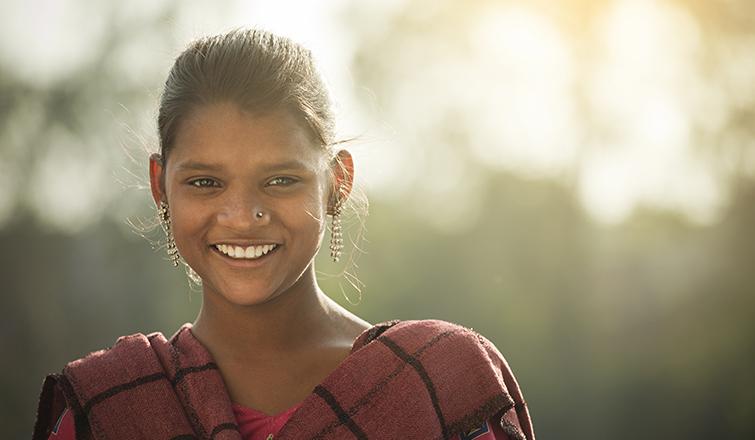Evaluating the Effects of a Menstrual Health and Hygiene Management Intervention in India

Although menstrual health and hygiene (MHH) is a crucial gender equality and human rights issue, approximately 500 million individuals around the world lack access to menstrual products and facilities.
In India, knowledge gaps and limited access to sanitation products and facilities hinder adequate MHH, with 50 percent of girls unaware of menstruation prior to reaching the first menstrual period, and individuals often using cloths instead of sanitary products while menstruating.
Evaluation of a Holistic Behavior Change Program
AIR researchers and collaborators are evaluating a holistic MHH behavior change program in the Indian state of Tamil Nadu, to inform improvements, adaptations, and scale-up of the program, and support evidence dissemination and uptake to improve the quality of life for girls, women, and other menstruating individuals.
AIR is collaborating with Sanitation First (SF), a non-governmental organization that has been working on water, sanitation and hygiene (WASH) activities in India since 2007. SF designed a program called Happy Periods, which it began to implement in 2019 in Tamil Nadu’s government schools, and which includes WASH improvement activities, training of teachers and mixed-gender classes on puberty/menstruation and hygiene curricula, and distribution of reusable sanitary pads and hygiene materials to students, among other activities.
The AIR study will evaluate the impact of the program on MHH behaviors, knowledge, attitudes, norms, and related outcomes (e.g., girls’ school attendance and their physical and mental well-being), using SF’s implementation plans for Happy Periods during the 2024–25 school year. The primary focus is on adolescent girls and boys enrolled in government schools (Grades 8–9). We will use a prospective matched comparison group design for a mixed methods evaluation of the program.
The study seeks to generate evidence on a strategy that can potentially strengthen girls’ ability to manage their menstrual cycle, which typically contributes to systemic gender inequities by routinely restricting female mobility and participation in social or economic activities.
Limited evidence exists on the impacts of programming in this domain. Thus, the work has the potential to make valuable contributions to the research literature on MHH interventions and inform improvements to an organization’s MHH-focused activities.
